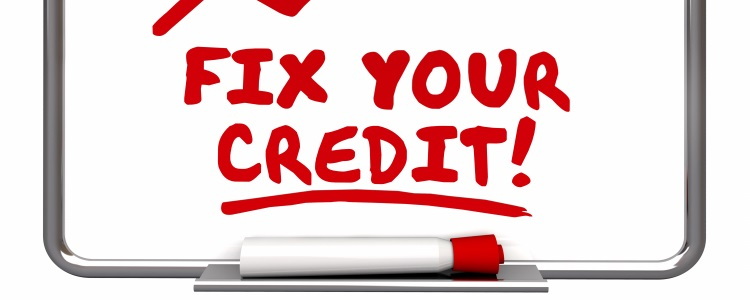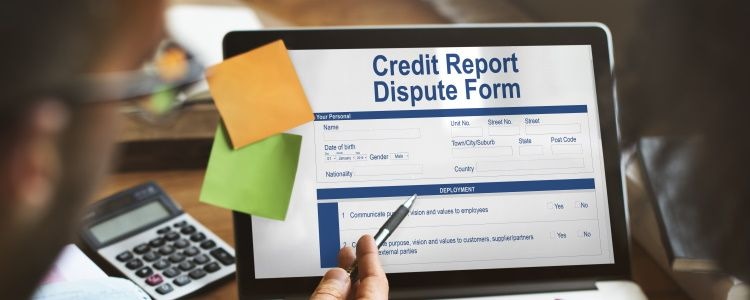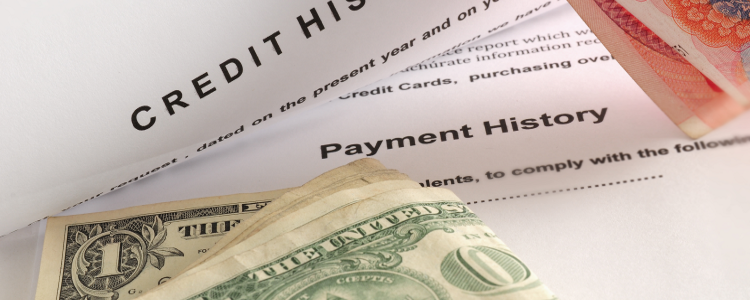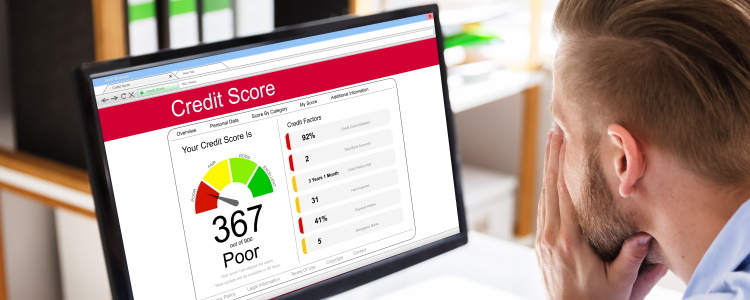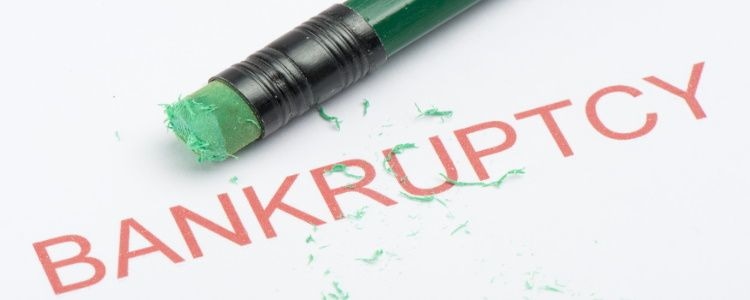Credit scores can change every day – sometimes for better, and sometimes for worse. Every little action you take that involves credit is going to change your score. Sometimes, your credit score can take a big hit if something goes wrong, but you can always fix your credit issues.
How Can I Fix My Credit Myself?
There are many things you can do to improve your credit. If you want to improve your credit in 30 days or so, you probably aren’t going to see a big difference. However, that doesn’t mean it isn’t going to eventually improve. – it just takes time and dedication. If you’re not sure where to begin on your credit-fixing journey, we suggest you start with these three actions:
- Get up to date on payments – Your FICO credit score is determined by multiple factors, the biggest one being your payment history (accounting for 35 percent of it). If your credit score is low due to missed payments or multiple delinquencies on your credit reports, the first step in credit repair is to get up to date on every payment and then continue to pay all of your bills on time each month.
- Reduce your debt – The second biggest factor that makes up your FICO credit score is amounts owed. This largely deals with your credit utilization ratio, or your credit card balances compared to their limits. If you're credit utilization ratio is over 30 percent, it's negatively impacting your credit score. So, work on reducing your credit card balances and your score can improve.
- Have a mix of credit – Successfully managing both revolving credit (like credit cards) and installment credit (like loans) helps your score. It may seem counterintuitive, but getting another credit card can increase your credit score by increasing your available credit and lowering your credit utilization ratio. If you don’t qualify for a credit card through a bank, a store credit card can work just as well. Make sure you watch your spending habits and pay off the balance each month.
How Do You Dispute Credit?
Entries like late payments stay on your credit reports for up to seven years. The only way you can remove something like this before that time is if it’s inaccurate. If you feel a negative mark on your credit report is a mistake, you can dispute the error with the credit bureau(s) that reported it.
To start this process, you need to submit a dispute, either electronically or in writing, to the credit bureau(s) and provide documentation that backs up your claim. If there’s more than one error, make sure you list each one and provide proof for each claim.
From there, the credit bureau must investigate your dispute(s). They have 30 days to complete the investigation and send you a letter explaining their decision and any action that’s going to take place. If the credit bureau doesn’t get back to you within the 30 days, the negative mark(s) is automatically removed from your credit reports.
The Bottom Line
You don’t have to go to a credit repair service to fix your credit issues, although these places can help if you feel in over your head. You can fix them yourself over time. Remember, your credit isn’t going to improve overnight – it can take anywhere from a few months to a few years to rebuild your credit, depending on where your score currently stands.
If you want to improve your credit and need a vehicle, Auto Credit Express can help you find financing even if you're struggling with credit issues. We work with an extensive network of special finance dealerships across the country that are signed up with a wide range of lenders that know how to help bad credit borrowers. Get started today by filling out our online car loan request form.
